7 Great Financial Habits to Start Today

Good financial habits are the key to financial success. No one becomes rich overnight; even high-income earners can be broke if they don’t manage their finances properly.
Consider these seven habits you could start today to keep your finances on track and give you peace of mind.
Track Income and Expenses
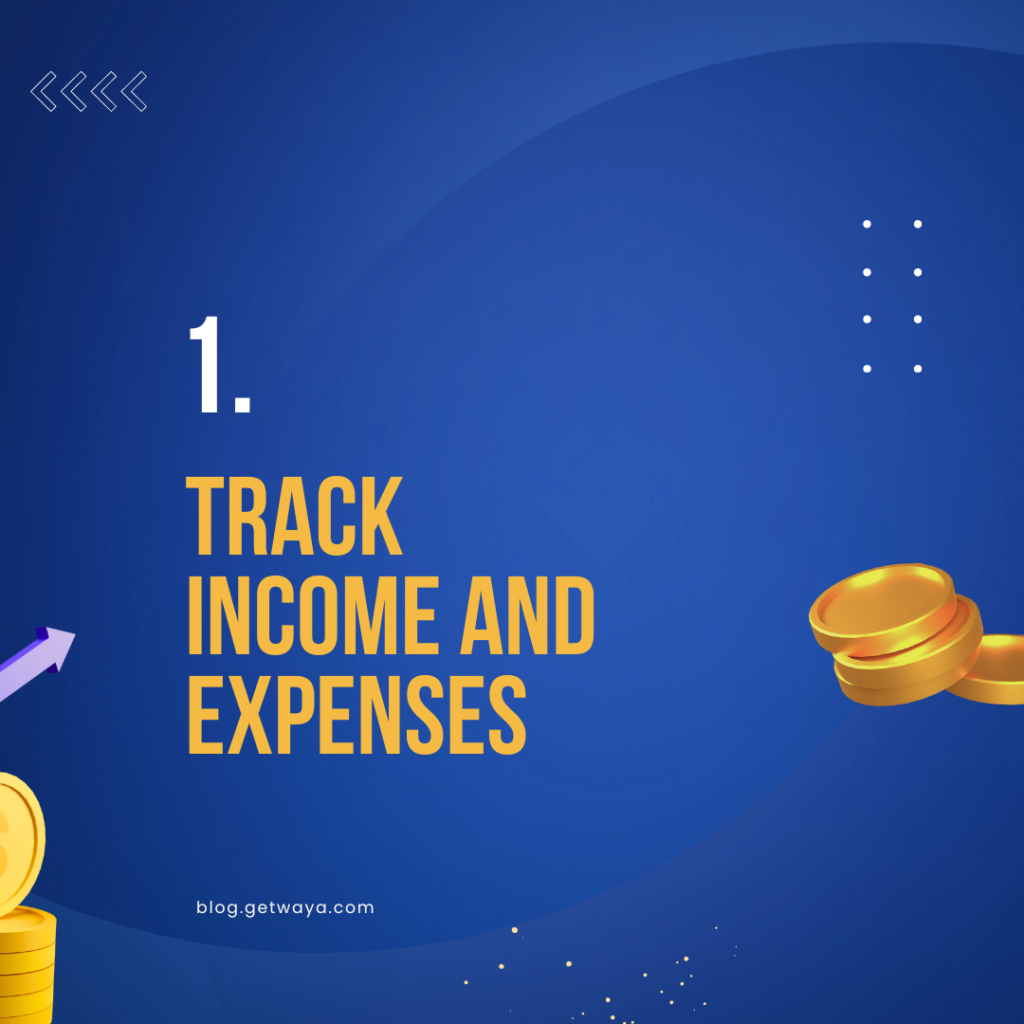
Most people don’t know how much they bring in or spend. That’s the number one rule in budgeting. You must spend less than you earn; the only way to do that is to understand how much you make and spend.
If you don’t already track your income and expenses, download a free app like Mint and automatically track how you do. If you discover that you spend more than you make, consider finding ways to cut back and save more.
Always Look For Ways to Grow Your Income
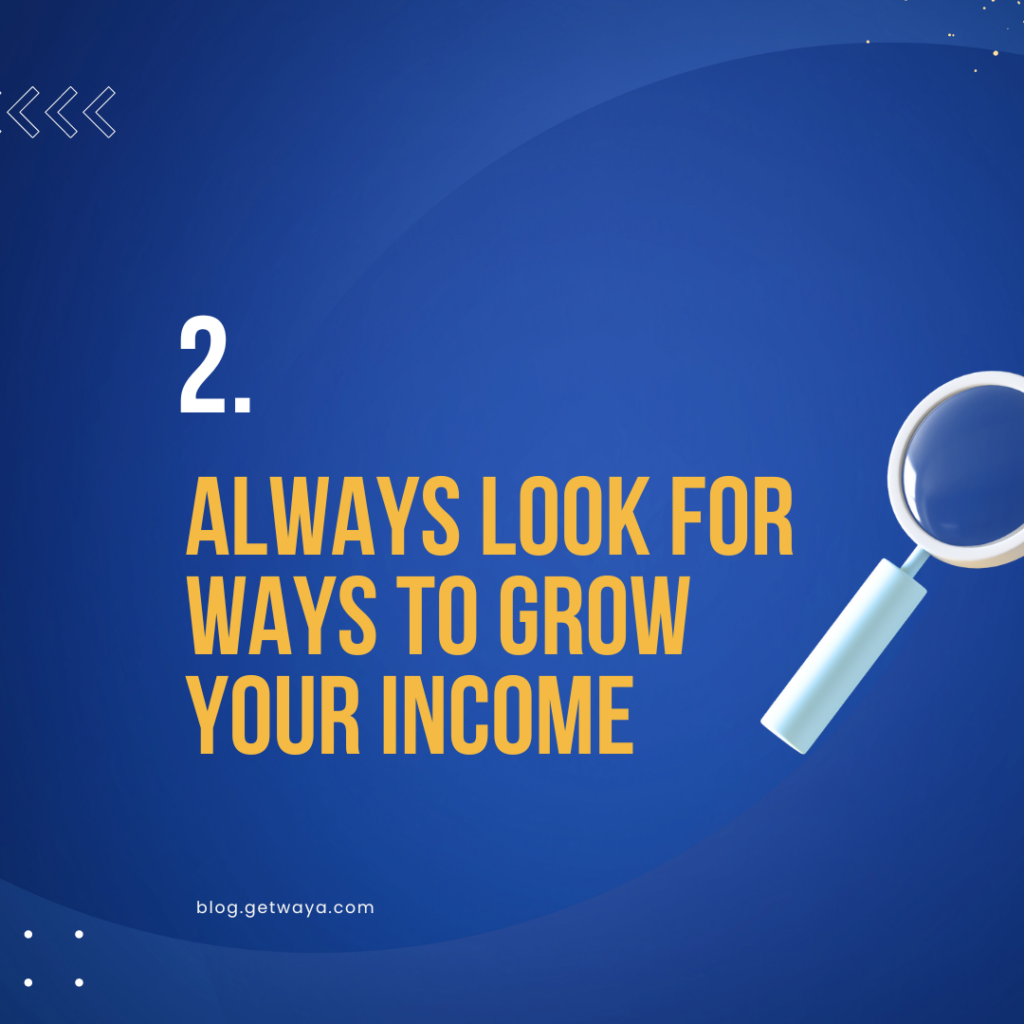
Your 9 to 5 job isn’t the only way to make money. Millionaires have many streams of income, and you can too. Common ways to grow your income include:
– Investing in stocks, bonds, and alternative investments
– High-yield savings accounts
– CDs
– Part-time job
– Side hustles
Side hustles can include freelancing online, such as data entry, freelance writing, and web design. You can also do lawn care, babysitting, or pet care to make more money.
Any extra income you earn, set aside for future goals to help you reach financial freedom.
Pay Yourself First
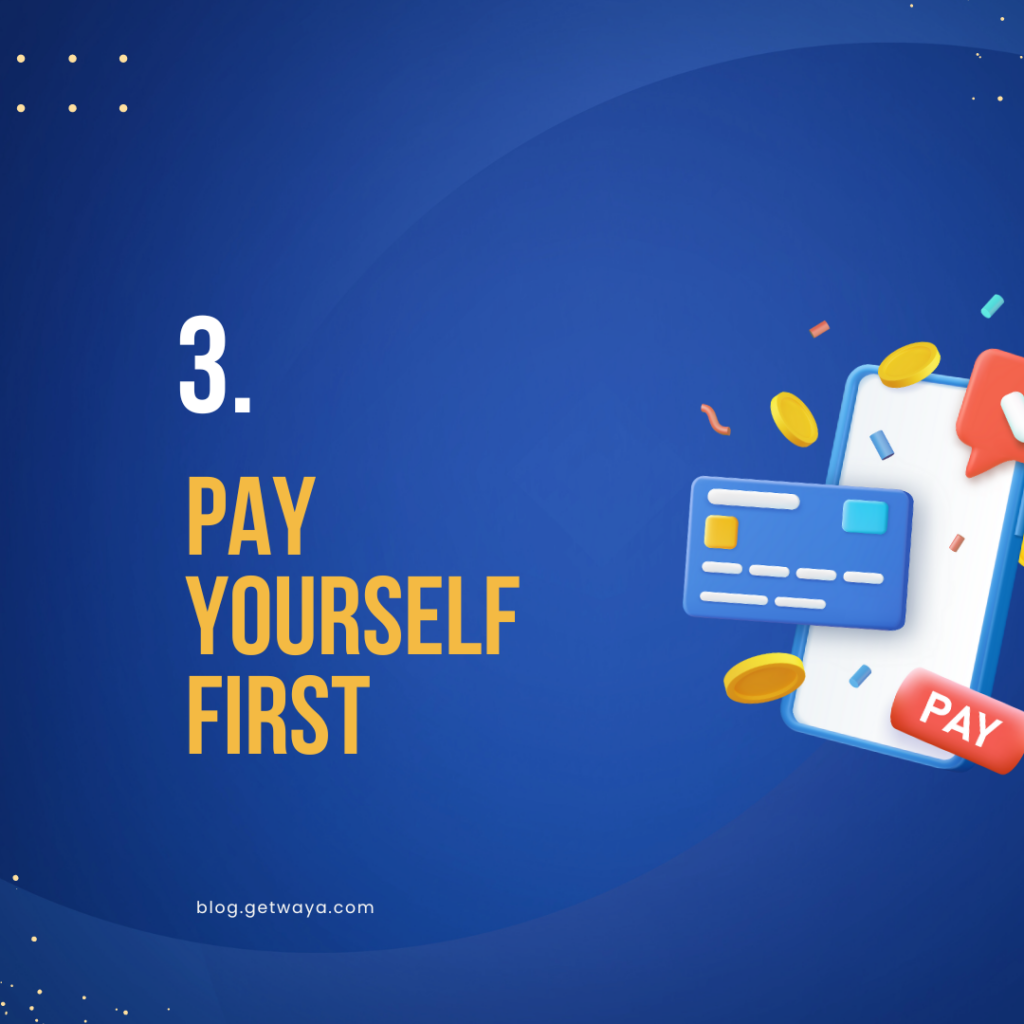
The best financial habit to start is to pay yourself first. This means immediately transferring funds to your savings account the day you get paid.
When you create your budget, determine what percentage of your income you can set aside and automatically transfer it each payday.
This works best when setting up automatic transfers or direct deposit with your employer. If not, you can manually transfer funds to your savings account each payday.
Eliminate Debt
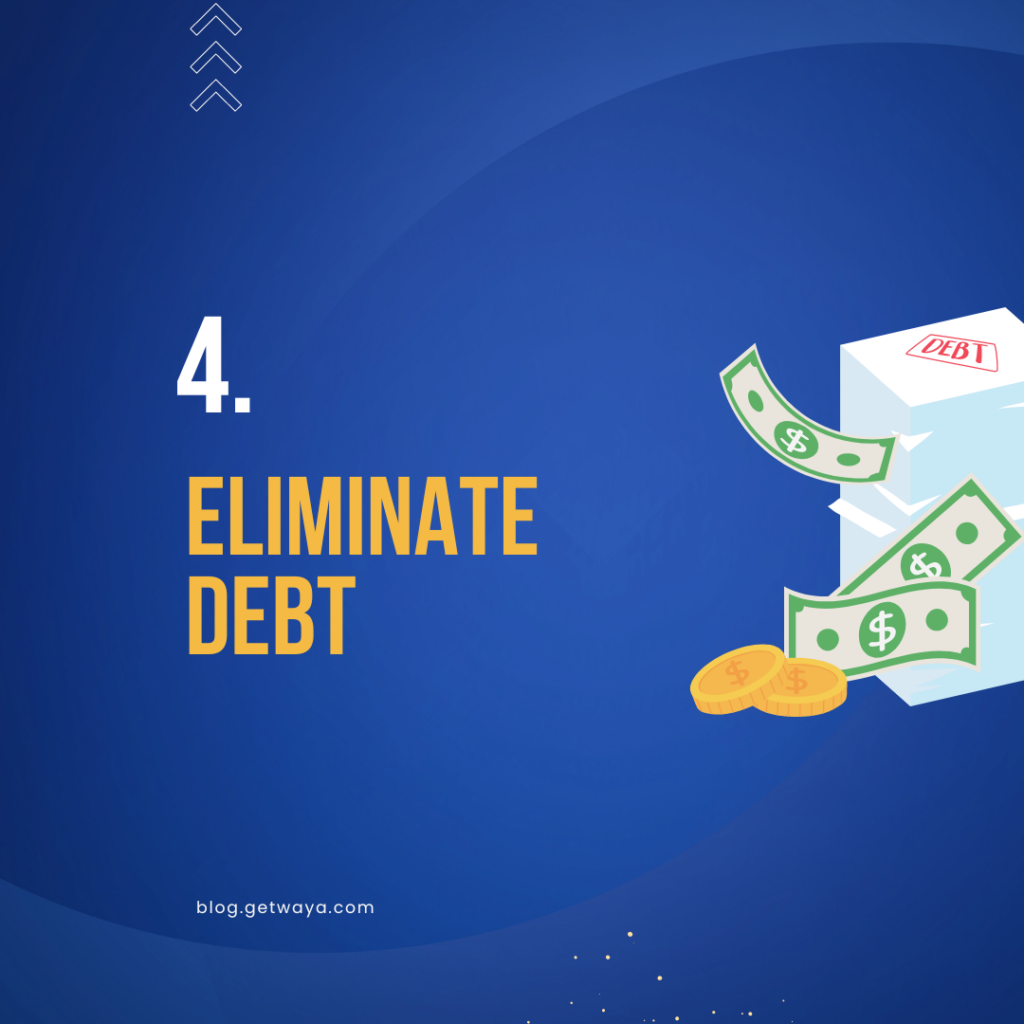
Another one of the best financial habits to create is to eliminate debt. Take inventory of how much debt you currently carry and create a plan to pay it off. If you have high-interest debt, it’s an opportunity cost for any investment income you might earn on those funds.
Consider the debt snowball method if you have a lot of credit card debt.
Here’s how it works:
– Create a list of your debts in balance order, smallest to largest
– Add the minimum payment for each card to your budget
– Determine how much extra money you have to pay toward your debt each month
– Put the extra money toward the first debt (smallest balance)
– Keep doing this until you pay that balance in full
– Add the minimum payment and extra money paid to the first debt to the minimum payment of the next debt
– Keep doing this until you’ve created a snowball and are debt free.
Save an Emergency Fund
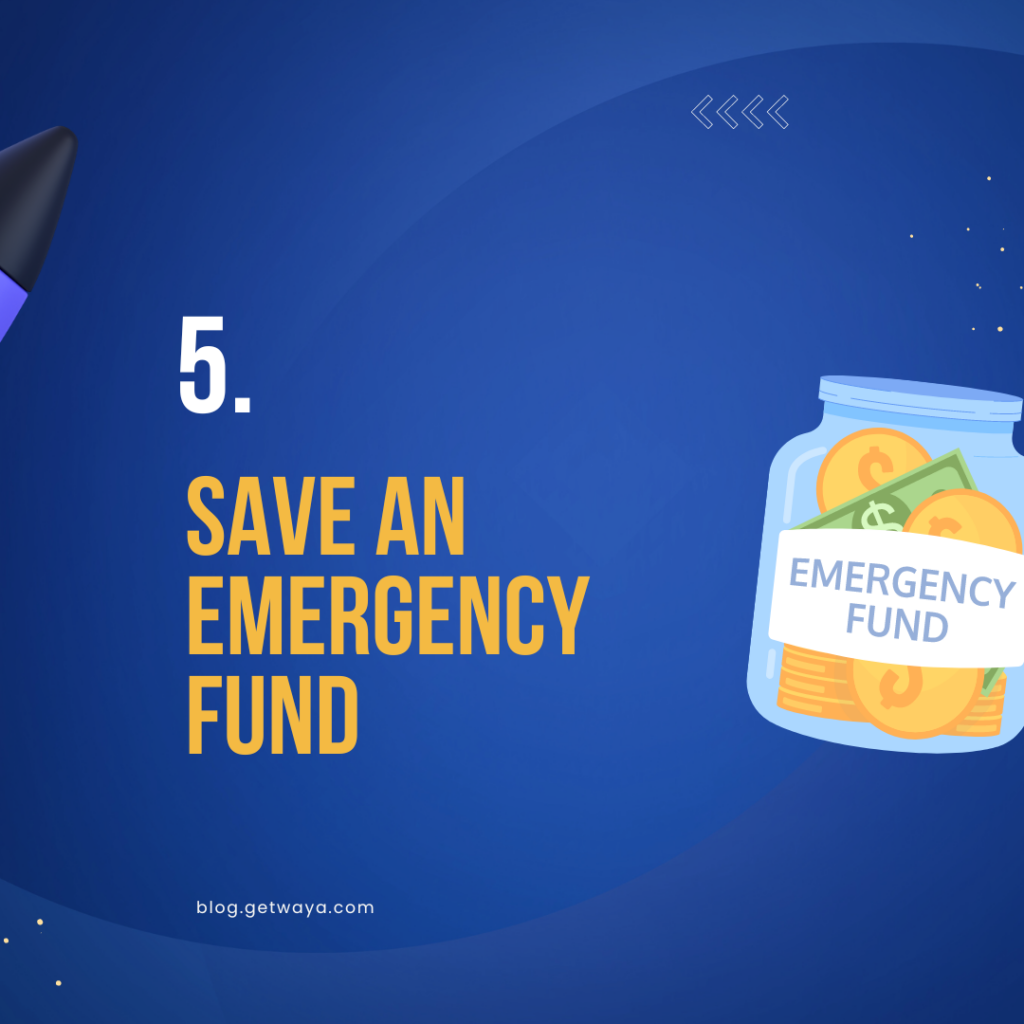
No matter how much money you make, an emergency fund is crucial for everyone. This account should have three to six months of your monthly expenses in it. If you lose your job, become ill, or have any other emergency, you have enough money to cover your bills and focus on recovering from the emergency.
Budget for Unexpected and One-Time Expenses
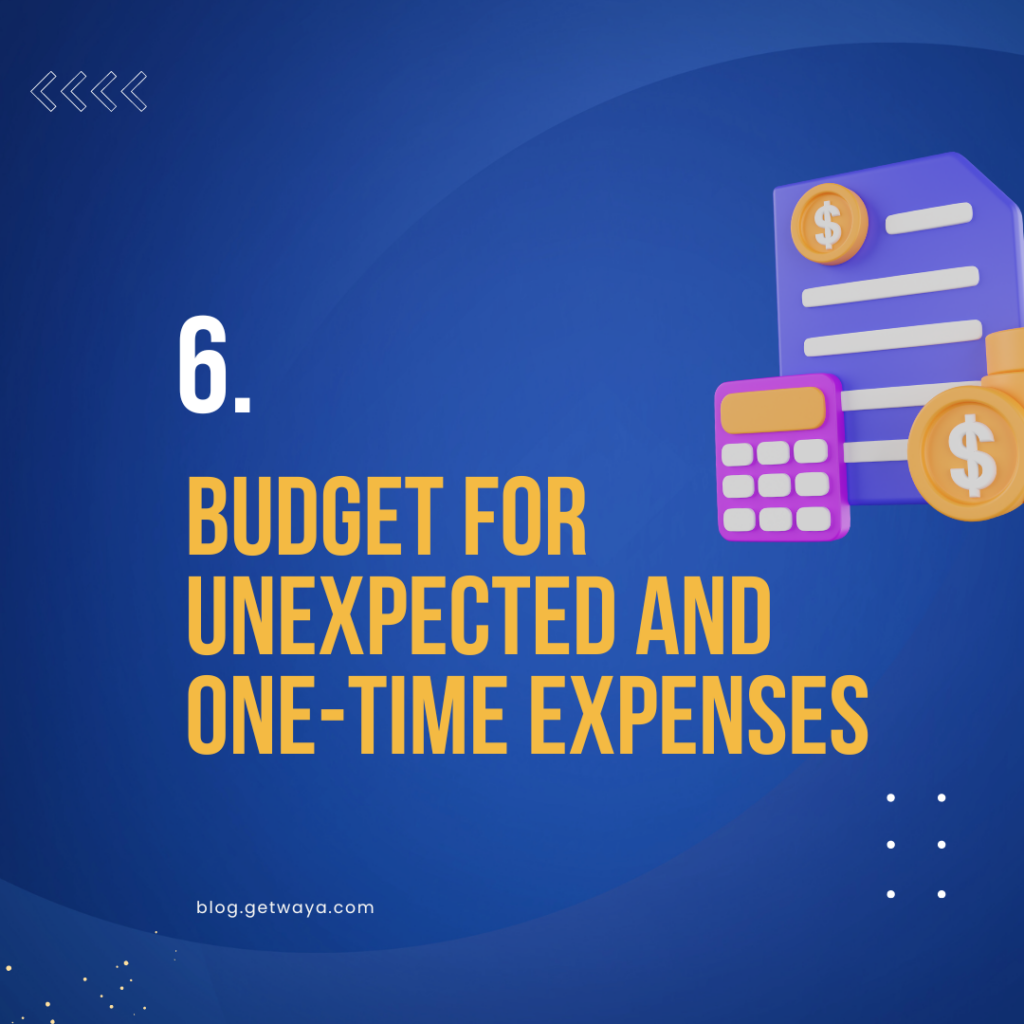
In addition to emergencies, you should have an account for sinking funds, aka one-time or annual expenses that don’t fit your typical budget.
Examples include money for birthday or holiday gifts, insurance premiums, tax payments, or unexpected things like car or home repairs. Include in your budget room to save for these expenses, even if only a little at a time.
Bank Windfalls and Avoid Lifestyle Creep
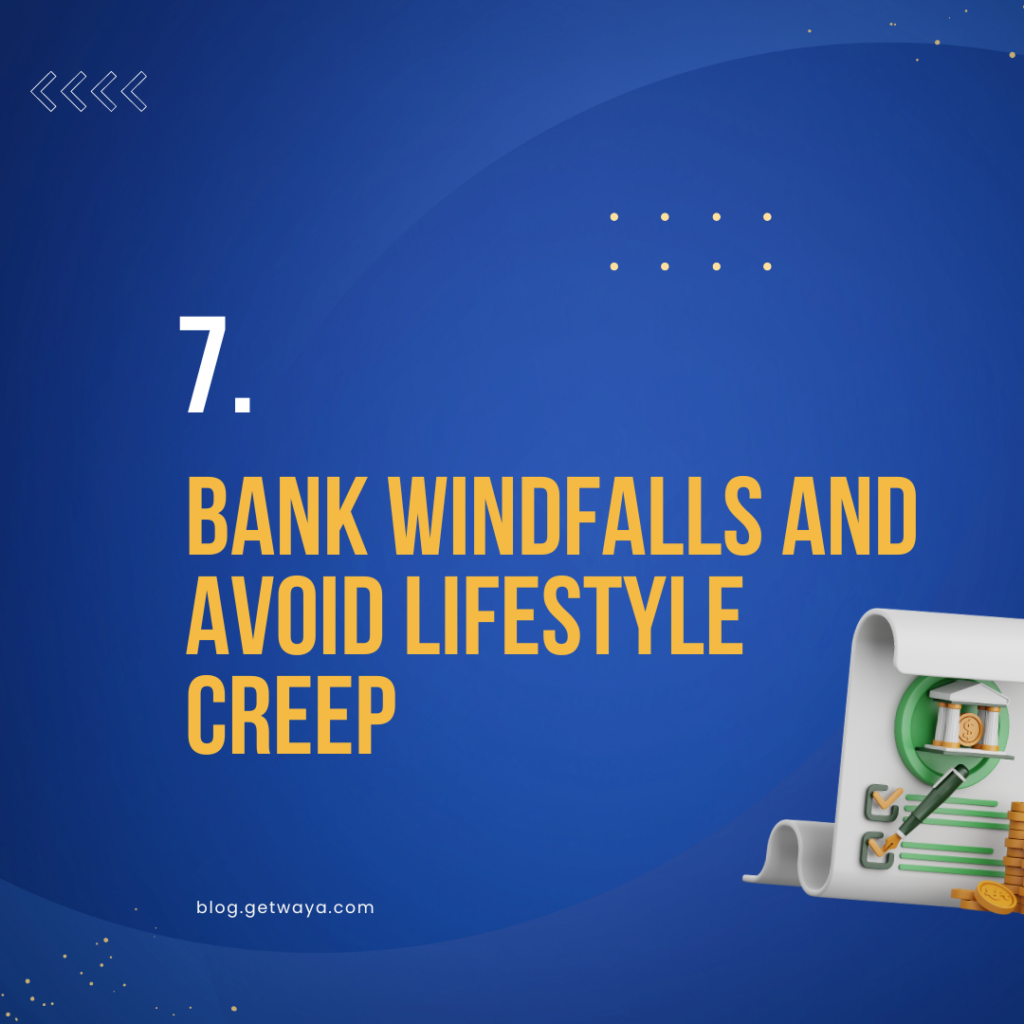
The last of the best financial habits to start today is to avoid lifestyle creep. If you get a raise, a new job, or have additional income suddenly, don’t elevate your lifestyle because you have more money.
Instead, bank the money, especially windfalls. For example, if you get a large tax refund, don’t spend it before it even hits your account. Instead, consider investing it in your emergency or retirement funds or using it to pay for a large purchase, like buying a house or car.
Final Thoughts
Making these financial habits a regular part of your lifestyle will help you get back on track and realize financial freedom. Pick a couple you can include in your lifestyle immediately and work your way up to using all these habits to help yourself get on the right financial track.